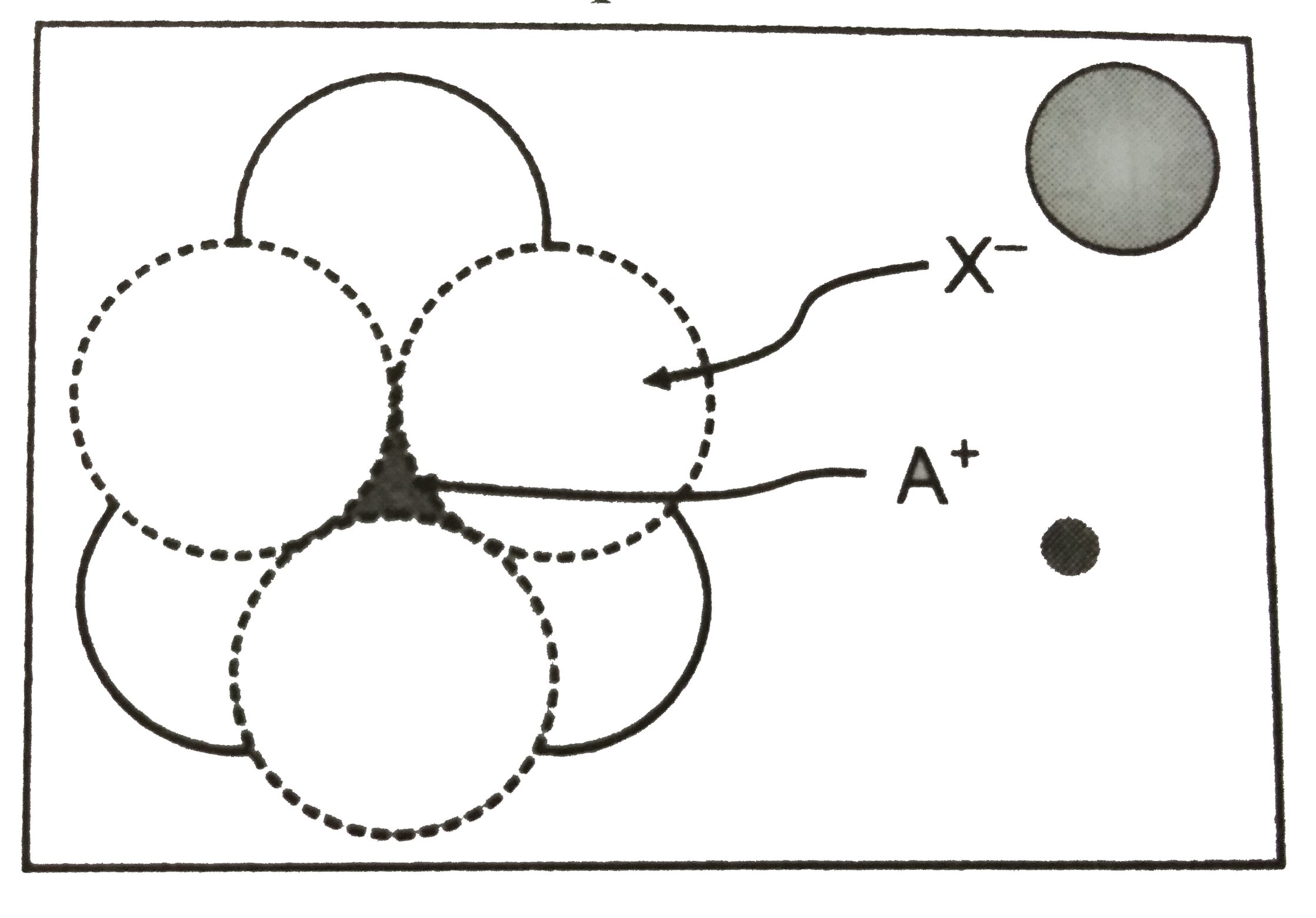"The future of this republic is in the hand of the american voter". The statement above, made by the 34th president of the United states, paints a dismal picture when one considers the trends Line of the american youth. Those under the age of 35, in general, do not vote, do not participate in politics and frankly have no interests or trust in the governmnent itself. The retreat of youngsters from the political realms can be seen in election turnouts surely, but it can be also be noted in the miniscule numbers of young americans who identify as either Democrates or Republician. It is not only disinterest but also distaste that keep the next generation of representatives far from the poll booths and even further from office. In fact, a recently published book Running from Office: Why young American are Turned Off to Politics fround that only about ten percent of high school and university students would even consider running for federal positions at the highest. It might be easy to chalk up the younger generation as careless and unconcerned and altoghther misdirected, but that's the easy way out and it is flawed. Students are largely civic-minded, they volunteer, worry about public politics, and een congregrate to debate solutions to everything from environmerntal issues to human rights to healthcare. Significant events like the war in iran or Barack Obama running for president or gay marriage rights may generate an influx in youth participation, but overall, young voters are disengaged from american democracy and looking at other ways of tracking society's problems. It is not that they are merely apathetic, but that they have lost faith in electrol politics and are highly suspicious of party labels. If it is distrust and suspician that kep youngaters away, the U.S must ask what has changed to trigger this worrying trend. One doesn't have to prepare extensive research methods to find that today's millenials view themselves as in an altogether worse situations than that of their parents or grandparents. Widespread opinion has them in a bitter, unrewarding job market bankrupted by the university and crushed underneath a stifling national debt. Their path is difficult and uncertain at best , behind these obstacles lies an inefficient and wasteful government that they are less than anticipatory to inheit. The aforementioned book found that 25% of studernts-aged American showed absolute indifference to politics. More worrying were 60% who held negative views of politics, avoided the subject at all costs and thought of all politician as devious and untrustworthy. More and more American are shunning away from the loaded labels of "consecutive" and "laberal" instead finding themselves somewhere in the middle, society librel but fiscally conservative. Alienated by the two-party system, young Americans would rather not be included in either disagreeable side. Disinterested in a bleak of more debt and less freedom, and wary of aligning themselves within partisanship, today's youth are doubtfull of a government that promises few of the assurance it once pldged. Naturally, this trend is dispuieting for a nation that depends on its voters and an interest in representation, both of which are in a state of determination. Yet, some may applaud the veer from partisanship a phenomena that has left more undone than accoumplished. Still, if democracy is a survive, something must be done to align the cynical millennials with a system that desperately needs their interference.
Q. The primary purpose of the paragraph in lines 55-68 is to
gives evidence pertaining to the lack of interest in politics on the part of young Americans.
explain the inherent flaws with the american two-party political system.
describe the specific reasons why young people find party labels distasteful.
analyze why older Americans are more likely to participate in the political process than younger Americans.
The correct Answer is:A
(A) Lines 55-68 provide statistics and recent evidence to substaniate the author's claim, making (A) the correct choice. Choice (C ) is temting, but is only a setail of the paragraph. Choices (B) and (D) are not addressed within the passage.
Topper's Solved these Questions
Similar Questions
The folowing is an excert from Jane Austem's Mansfield Park,1814. The novel's protagonist, Fanny Parice, returns home after many years of living with her wealthy relatives at Mansfield Park. William was gone: and the home he had left her in was-Family could not conceal it from herself-in almost every respect the LINE very reverse of what she could have wished.It was the abode of noise,disorder and impropriety. Nobody was in their right place, nothing was done as it ought to be. She could not respect her parents as she had hoped. On her father, her confidence had not been sanguine, but he was more negligent of his ners coarser, than she had been prepared for. He did not want abilities,but he had no curiosity and no information beyond his profession,he read only the newspaper and the navy-list,he yalked only of the dockyard, the harbour, Spithead and the Motherbank, he swore and he drank, he was dirty and gross. She had never been able to recall anything approaching to tenderness in his former treatment of herself. There had remaind only a general impression of roughness and loudness, and now he scarcely and loudness, and ow scarcely ever noticed her, but to make her the objective of a coarse joke. Her disappointment in her mother was greater,there she had hoped much, and found almost nothing. Every flattering scheme of being of consequence to her soon fell to the ground. Mrs. Price was not unkind,but, instead of gaining on her affection and confidence and becoming more and more dear, her daughter never met with greater kindness from her than on the first day pf her arrival. The instinct of nature was soon satisfied and Mrs.Price attached had no other source. Her heart and her time were already quite full, she had neither leisure nor affection to bestow on Fanny. Her daughters never had been much to her sons, especially of William, but Bestey was the first of her girls whom she had pride, Bestey her darling, and John, Rechard, Sam, Tom and Charles occupied all the rest of her material solicitude, alternately her worries and her comforts. These shared her heart, her time was given chiefly to her hoouse and her servents. Her days were spent in a kind of slow bustle, all was busy without getting on, always behindhand and lamentating it, without altering her ways,wishing to be an economist, without contrivance or regularity, dissatified with her servents,without skill to make them better and wheather helping, or reprimanding or indulging them, without any power of engaging their respect. Of her two sisters, Mrs. Price very much more resembled Lady Bertram than Mrs. Norris inclination for it or any of her activity. Her disposition was naturally easy and indolent, like Lady Betram's and a situation of similar affluence and do-nothingness would have been much more suited to her capacity than the exertions and self-denials of the one which her imprudent marriage had placed her in. She might have made just as good a women of consequence as Lady Bertram, but Mrs. Norris would have been a more respectable mother of nine children on a small income. Much of all this Fanny could not but be sensible of. She might scruple to make use of the words, but she must and did feel that her mother was a partial, ill-judging parent, a dawdle, a slattern, who neither taught nor restrained her children, whose house was the scene of mismanagment and dicomfort from beginning to end and who had no talent, no conversation, no affection towards herself, no curiosity to know her better, no desire of her freindship and no desire of her freindship and no inclination for her freindship and no inclination for her company that could lesen her sense of such feelings.Fanny was very anxious to be useful and not to apperar above her home or in any way disqualified or disinclined by her foreign education,from contributing her helps to its comfort and therfore set about working for Sam immediately and by working early and late, with preservance and great despatch, did so much, that the boy was shipped off at last, with more than half his linen ready. She had great pleasure i feelings her usefulness,but could not conveive how they would have managed without her.
Q. What best describes what happens in the passage as a whole?
View SolutionBased on the evidence in the graph,which of the following is true?

View Solutionसंक्रमण तत्व क्या है? संक्रमण तत्वों की परमाणु त्रिज्याएँ किसी श्रेणी में किस प्रकार परिवर्तित होती है? वर्णन करे ।
View Solutiond-ब्लॉक के तत्वों का सामान्य इलेक्ट्रॉनिक विन्यास लिखिए । d - ब्लॉक के किसी श्रेणी में परमाणुओं के आयनन विभव किस प्रकार परिवर्तित होते हैं?
View Solutionपरिवर्ती ऑक्सीकरण अवस्थाओं से क्या तातपर्य है? इसे संक्रमण तत्वों के सन्दर्भ में समझाइए ।
View Solutionजैव-विकास से आप क्या समझते है? जैव विकास के पक्ष में तुलनात्मक शरीर -रचना तथा भ्रौणिकी से परमानो का वर्णन कीजिए!
View Solutionजीवात जीवोत्पत्ति से आप क्या समझते है? जीवन की उत्पति के संबंधन में लुइ पाश्चर द्वारा किये गए प्रयोग को समझाइये!
View Solutionजीवन की उत्पत्ति का रासायनिक मत बताइए!
View Solutionजीवन की उत्पत्ति के समय स्वतंत्र अवस्था में नहीं पायी जाती थी-
View Solutionनिम्नलिखित में से कोन-सा ग्राफ द्विघात बहुपद का नहीं है ?
View Solutionदर्शाये गये चित्र में मीटर ब्रिज के तार की लम्बाई 100 सेमी हैं । जब AJ=60 सेमी, तो धारामापी में विक्षेप नहीं होता हैं । R का मान ज्ञात कीजिए ।
View Solutionसंलग्न चित्र में, यदि धारामापी G में कोई विक्षेप नहीं हैं तो एक दशा में प्रतिरोध R का मान तथा इसमें प्रवाहित धारा का मान परिकलित कीजिए ।
View Solution0.40 टेस्ला के चुम्बकीय क्षेत्र के अंतर्गत एक कण 1.0 सेमी व्यास के वृत्त में गति करता है। यह पथ 200 V/m के वैधुत क्षेत्र से सरल रेखीय हो जाता है। इस कण आवेश/द्रव्यमान अनुपात का मान ज्ञात कीजिए ।
View Solutionकिसी ऐसे वर्ष में जो लीप वर्ष न हो 53 रविवार होने की प्रायिकता क्या है ?
View Solutionएक यौगिक A तथा B तत्वों से मिलकर बना है । जब A परमाणु कोने पर तथा B परमाणु केंद्र पर हो, तो यह यौगिक घनाकार जालक में क्रिस्टल बनाता है । यौगिक का साधारण सूत्र होगा :
View Solutionठोस AX में A+ आयन के चारो और X− आयन की व्यवस्था है, जैसा की चित्र में दर्शाया गया है (सही माप सूचक नहीं है) । यदि X− आयन की त्रिज्या 250 pm हो तो A+ आयन की त्रिज्या है :

View Solution
